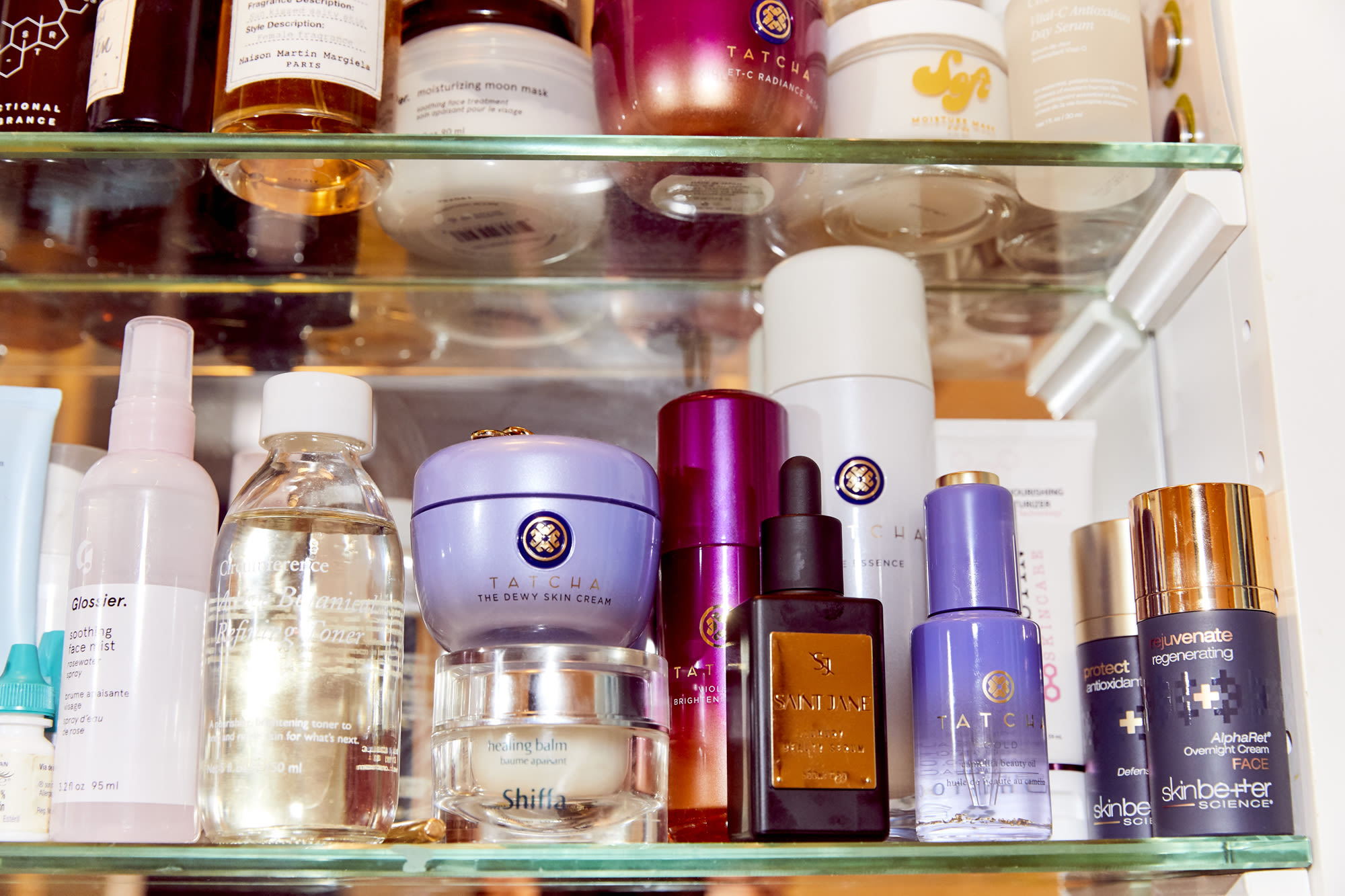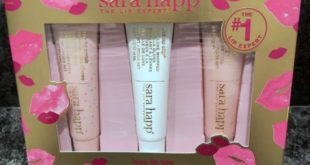
Vitamin C is one of skincare’s most popular ingredients because it’s proven to protect skin from photodamage and pollution, help brighten dark marks, and stimulate collagen production. Pretty much anyone who knows anything about skincare will tell you it’s on their ingredient shortlist. But let’s say you just… don’t want to use it.
You probably have a good reason! Vitamin C, particularly if we’re talking about L-ascorbic acid, tends to be unstable and is notorious for quickly spoiling into brown useless juice. A good vitamin C serum is also one of those products that tends to be expensive. And even when it’s good, you might notice dryness, flakiness, or redness—L-ascorbic acid is an acid all right! “Vitamin C can infrequently lead to irritant skin reactions in some individuals,” says Dr. Carlos Charles, board certified dermatologist and founder of Derma di Colore. If you’re a person of color, that irritation might cause spots of post inflammatory hyperpigmentation. (Darker skin naturally has higher levels of melanin, so it’s easily bamboozled into making more when the tiniest thing goes awry.)
Without vitamin C, how’s your skin supposed to get all those glowy benefits? Truth is, you only think you need it—lots of other ingredients can do all the same things, albeit sometimes not all together. Here’s what you can swap out vitamin C for if you’re concerned with…
Photoprotection
Photoprotection is a fancy word to explain the way certain ingredients combat the harmful effects of UV light. Sunscreen filters (chemical and mineral!) are photoprotective, and they’re known as primary protective factors. But sunscreens work a lot better at protecting your skin from the sun when they’re supported by a strong antioxidant, a secondary protective factor. “Antioxidants are a great addition to the skin care routine for all skin tones, but they can have some added benefits for those with skin of color,” explains Dr. Charles. “By minimizing the deleterious effects of free radical damage, antioxidants play an important role in reducing inflammation and hyperpigmentation.” Results are cumulative so you won’t see a change immediately, but that doesn’t make antioxidants an unimportant part of your routine.
Instead of vitamin C, try a serum that features resveratrol, green tea, or coenzyme Q-10. Resveratrol is the antioxidant found in grapes, and the reason why red wine is considered health food in some circles. Green tea’s active antioxidant, a polyphenol called EGCG, is photoprotective and soothing. Coenzyme Q-10 (which you may see on labels as CoQ10) is an antioxidant your skin naturally produces, but applying it topically has shown increased antioxidant activity in stressed-out skin.
Shop photoprotective serums:
Collagen Production
While clinical tests and regulations for collagen supplements are still preliminary, a great way to stimulate collagen production at the cellular level right now is with topical retinol. Retinol is like the superstar project manager that can somehow effectively cajole your fibroblast cells (little collagen factories) into making more collagen. It also protects the collagen you already have, a double win. “Prescription strength and over the counter retinols can assist with cell turnover and also help to build collagen when used over time,” confirms Dr. Charles. But retinol can be irritating, so you’ll want to look for a formula buffered by skin soothers, start out with using it only a few times per week, and stick to nighttime use to avoid extra photosensitivity. If you’re particularly sensitive, you can apply your retinol serum on top of moisturizer.
Shop collagen-boosting serums:
Brightening
Oh boy, where to begin? If you’re looking to brighten dark marks and even skin tone in general, there are lots of ways to do it without relying on vitamin C. AHAs like glycolic acid can slough away dead, dull skin cells (like the ones still hanging around after a particularly rough breakout) to reveal the brighter skin underneath. If that doesn’t do the trick, lighteners like arbutin, kojic acid, and azelaic acid probably will. These three ingredients all interfere with melanin production, so they can help stop persistent dark splotches in their tracks.
Or, you could just use niacinamide. “If you’re looking for an alternative to vitamin C, niacinamide is a great choice,” says Dr. Charles. “It is oftentimes more gentle than vitamin C and is very well tolerated.” On top of being a potent, gentle brightener, niacinamide also has antioxidant qualities and increases collagen production. It’s not a perfect one to one swap, but it’s pretty darn close.
Shop brightening serums:
—Ali Oshinsky
Photo via ITG



